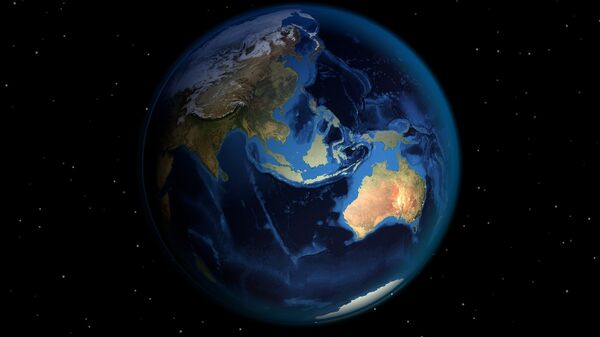Ward, who is the author of the book called “Rare Earth: Why Complex Life Is Uncommon in the Universe” and one of the founders of the Rare Earth Hypothesis, told the Daily Star that most of the discovered exoplanets are unable to host life, as most of them are “tidally locked” to their stars – meaning that they have only one side permanently facing their “sun”.
“Earth would not be Earth if it was tidally locked,” says Professor Ward. “Nor could any such planet have animal life unless [it was] underground. No one has tested whether a tidally locked planet could maintain an ocean. The heat on one side and cold on the other would produce wind speeds beyond anything we can observe on Earth.”
He added that most of the 6,000 planets that scientists have currently designated as possible candidates for holding life have their orbits too close to their parent stars, meaning that they can become “tidally locked” to them. He also dismissed the idea of life springing up in a narrow band between the "night" and "day" sides of such a planet as “highly doubtful”.
Ward was also doubtful of the existence of continents beyond the Earth.
“It has been repeatedly argued,” he pointed out, “that it takes global tectonics with subduction to keep a global temperature cool enough and warm enough for long term temperature stability. From modelling, plate tectonics [is very] sensitive to crustal thickness. Even a slightly thicker crust stops subduction.”
He also pointed out that our Solar System is a simple one-star system with a stable central star – our Sun. Many of the recently discovered exoplanets exist in more complex two-star and three-star groups. The fact that there are more planets with their own gravitational fields beyond our Earth helps to pull the comets and small asteroids out of our orbit. However, according to Ward, a more complex, multi-star system would be more likely to create hazards than absorb them.
“Planets of any of the stars in a variable star system, binary or greater, would be pulling in comets from the other 'Oort clouds'. Such systems would also have planetary instability,” he said. “One big Jupiter in an orbit with high elliptical eccentricity [would destroy] complex life on a planet as it will start pushing rocky planets into the star or eject them from orbit.”
Ward said that “the numbers are too large to ever state that we are absolutely unique”, adding that early in history our Earth wasn’t an Earth-like planet either. Yet, according to Ward, so far the evidence shows that we are completely alone in our galaxy.



